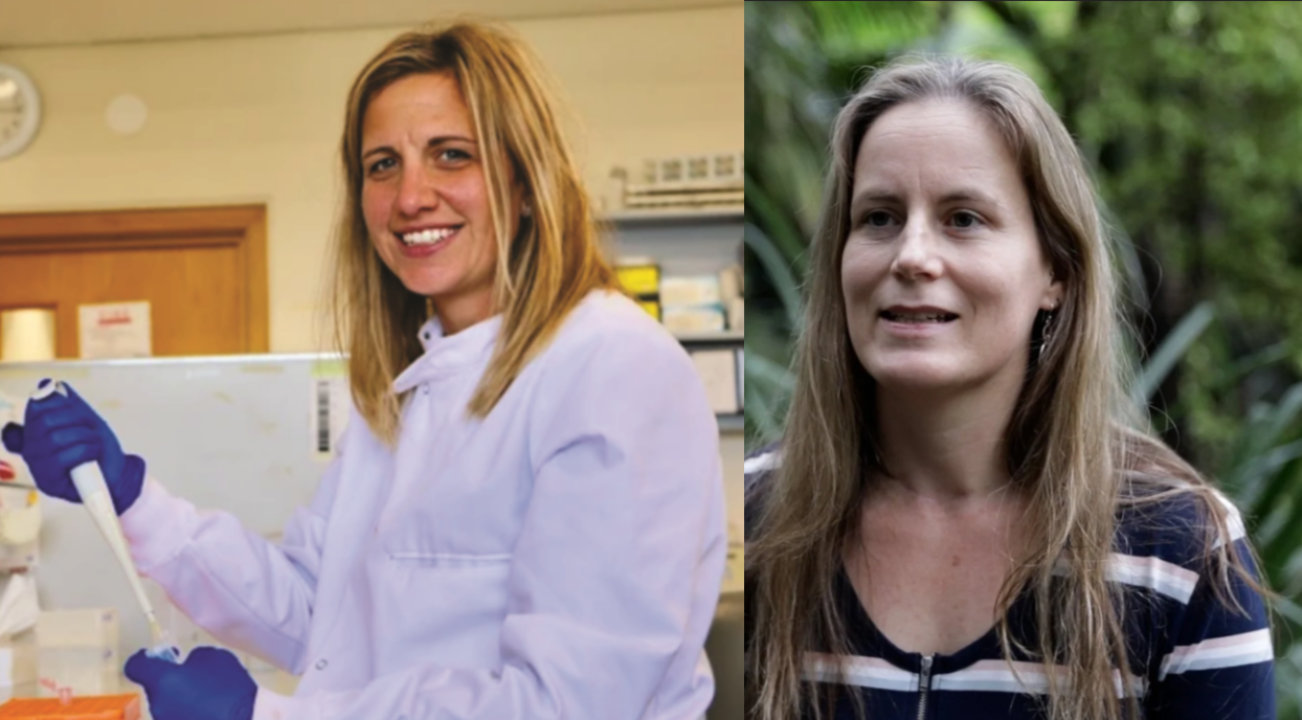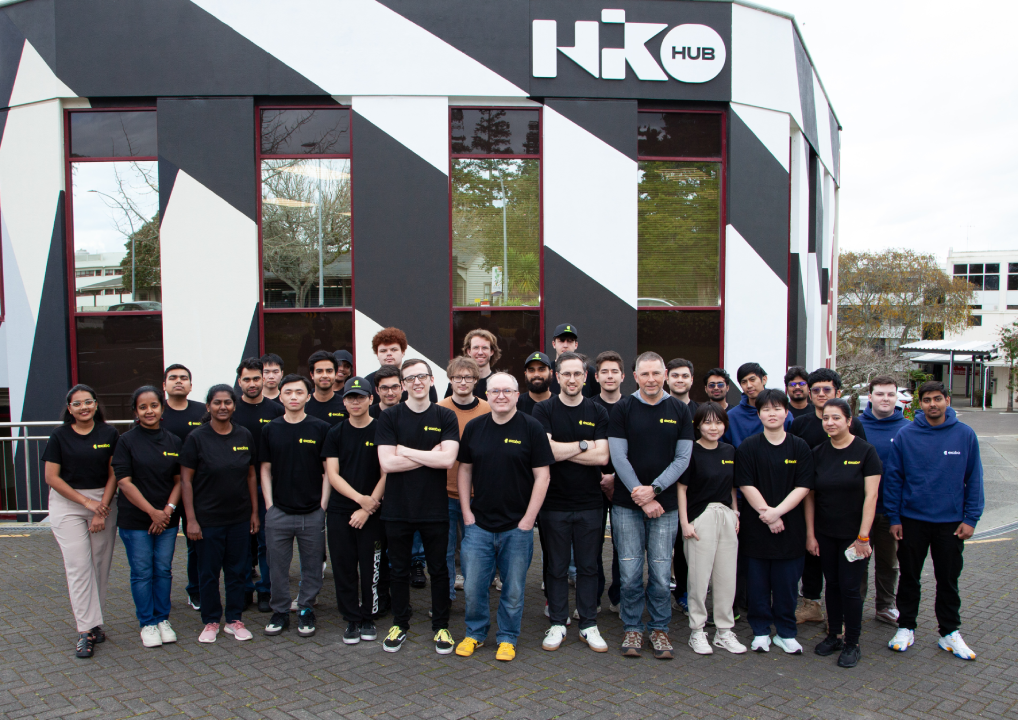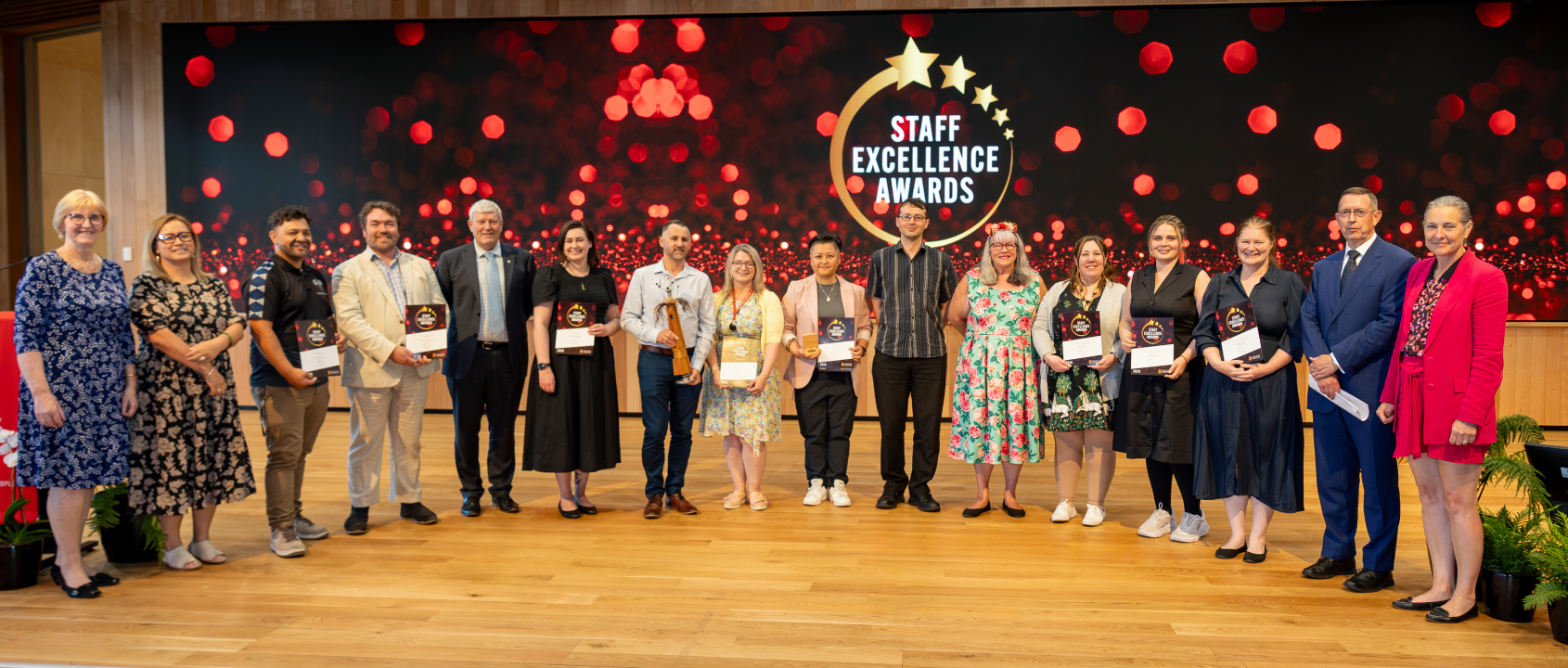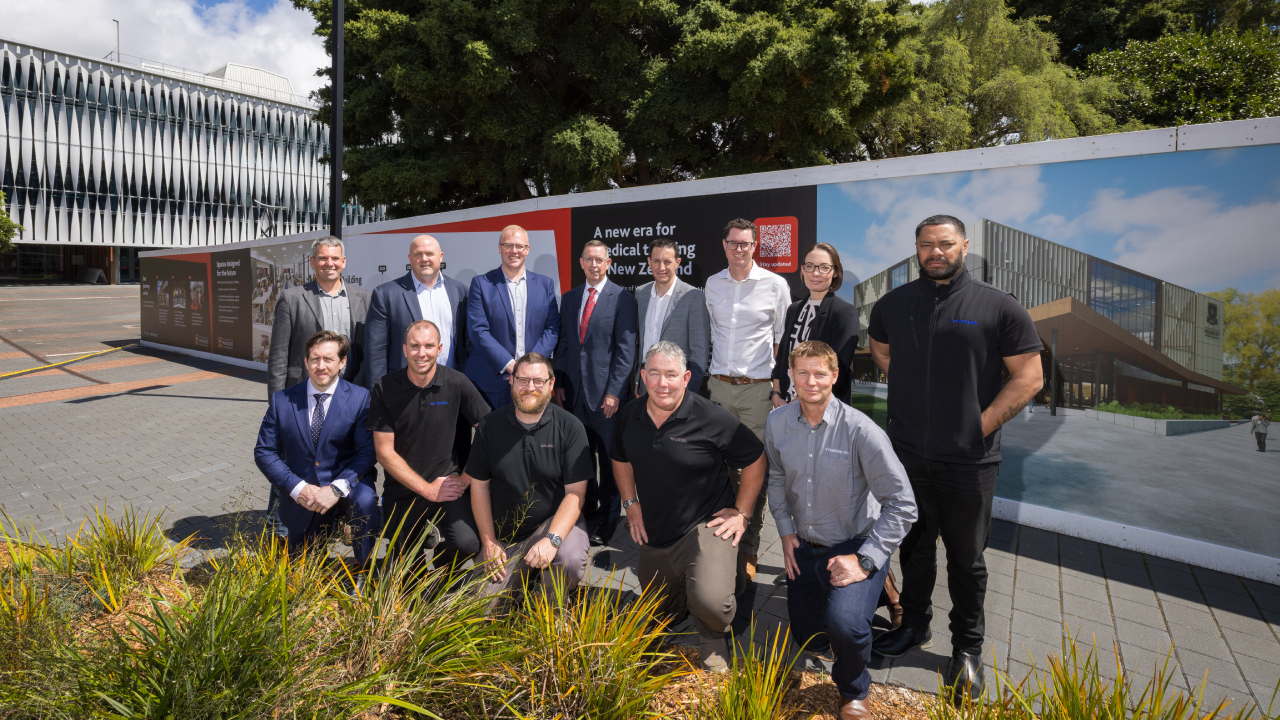
Professor Bruce Clarkson
Researchers from the University of Waikato will now be able to advance projects to model the ecosystems of New Zealand’s 3820 lakes, seek keys to climate change in our deepest caves and bring nature back to our cities and towns.
These projects will be made possible by funding of over $12million recently awarded by the Ministry of Business Innovation and Employment’s (MBIE) Endeavour Fund.
Professor Bruce Clarkson has received $10 million in funding over five years to help bring nature back to New Zealand’s cities and towns by restoring and incorporating indigenous biodiversity.
Aotearoa’s indigenous biodiversity is at crisis point with more than 4000 of our species either threatened or at risk. More than 4 million New Zealanders live in our urban centres and while that represents only five percent of New Zealand’s land area the ecological impact is far greater.
“Nature is essential to our existence. Plants, animals, land, water, and humans are all part of our living, working ecosystem. If our biodiversity is in crisis, then our human health and livelihoods are at risk too. This project will help bring nature into our urban backyards and in the process help to restore Aotearoa’s biodiversity,” said Professor Clarkson.
Professor Clarkson has been working for nearly two decades with organisations, including 14 councils, national agencies, and local community groups. The project will provide guidance on how they can best incorporate biodiversity bringing more greenspace and nature back to urban centres.
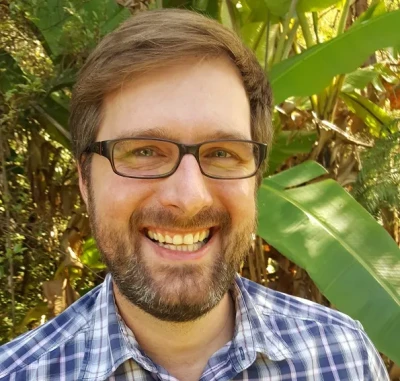
Dr Deniz Özkundakci
Dr Deniz Özkundakci has received $1 million over three years for a Smart Ideas project to build a platform modelling the ecosystems of New Zealand's 3820 lakes using supercomputing to manage already available data, alongside satellite remote sensing providing water quality information.
Government freshwater policy requires management of sediment and nutrient runoff to keep New Zealand’s lakes healthy. Many of New Zealand’s lakes already suffer toxic algal blooms every summer as a result of excessively high nutrient loads. The models Dr Özkundakci and his colleagues will develop will allow organisations to see how New Zealand’s lakes respond to different management approaches, ensuring the health of their ecosystems and water quality.
“There are currently only 24 lakes in New Zealand that have been modelled, costing around $80,000 each and 300 hours to model. Using current methods, it could cost more than $15 million to model just 5 percent of New Zealand's lakes,” said Dr Özkundakci.
“The new models will be scalable to all lakes and allow that money to be directed into managing the health of our lakes. It will provide a platform for iwi, councils, and communities to engage with the health of their lakes. It also has the potential to be used as a framework worldwide,” Dr Özkundakci said.
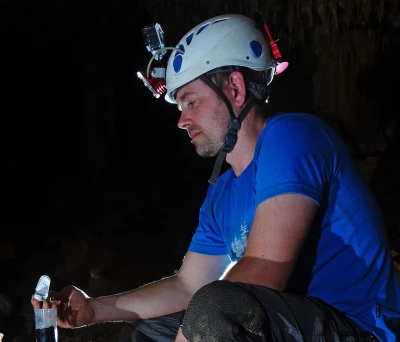
Dr Adam Hartland
Dr Adam Hartland also received $1 million for a Smart Ideas project. Dr Hartland and his team of researchers have been venturing into New Zealand and the Pacific’s deepest caves to unlock keys to climate change hidden in cave formations known as speleothems.
As water trickles through the earth, it drips into caves depositing minerals that create speleothems, including the familiar stalactites and stalagmites. These deposits are unique because they are made by flowing water, a property that the research team will harness to quantify past rainfall in New Zealand.
Dr Hartland said the increase in extreme weather events had highlighted New Zealand’s susceptibility to changes in rainfall.
“Because people have been recording rainfall for less than 200 years, we have a very limited picture of how rainfall patterns change when global climate transitions happen. Reconstruction of past rainfall in New Zealand will be a key tool to guide predictions of the effects of climate change on New Zealand. Our results will be critical to validating climate projections and models used by the Government for planning and adaptation at all levels of society,” said Dr Hartland.
